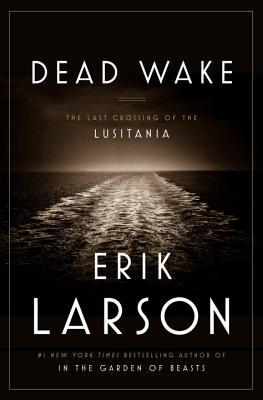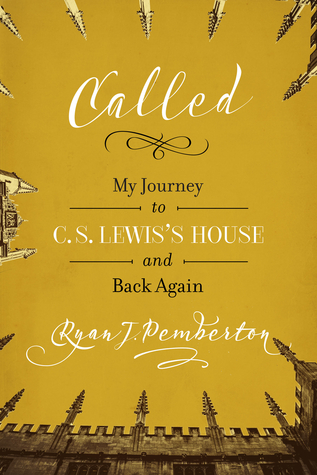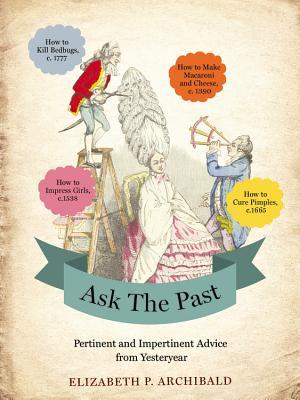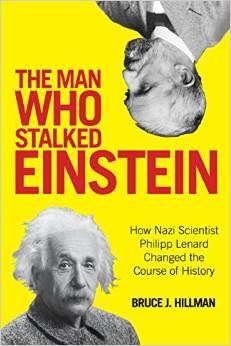Awhile back, I was at the movies with my husband. I am one of those weird people who likes the previews (though sometimes I wish there were about ten less and that they would just START THE MOVIE ALREADY!) A preview that I saw and was very excited by was for a movie called The Railway Man. I ended up netflixing it (that's a verb) and more recently I read the book on which the movie was based. There are some liberties that the movie takes, not surprisingly, but the big difference is that the movie shows one very small portion of a much longer event. So we're going to talk about the book and the movie and what makes them both worthwhile.
So Eric Lomax was kind of an introverted only child growing up pretty lonely in Great Britain One thing that gave him a ridiculous amount of joy was trains. Everything about them. Train stations, different types of trains on and on (there's a lot of train details in the book). All of his free time was spent in and around trains or at the Chapel. This part was a little confusing to me, but Eric kind of fell into this culty/weird religious group that really scared his family. I was never quite clear on what they taught but it seemed like they were pretty shifty. But he met a nice girl there so at least it gave him some happiness outside of trains for once (?)
As it did for so many, WWII put all of Eric's plans on hold. He joined the signal corps and got engaged to the nice girl he was dating from the cult. (That's a fun sentence.) He bounces around before he ends up in "Malay", though it is not long until the Japanese come and Eric and several others are captured.
You know "Bridge over the River Kwai"? (starts whistling). Many of the men that were captured with Eric were forced to clear a route for a railroad that would have eventually gone over that bridge. So, in a fit of cruel irony Eric was forced to labor in the service of a railroad. Eric didn't actually have to physically dig the ditches and things that others did. He was responsible for upkeep of vehicles and other mechanical and engineering things, due to his skill.
Things are miserable and horrifying but Eric makes his way the best they can. But then a radio that he and his mates made is found by their captors and things get more awful.
What follows is literally years of imprisonment, torture, starvation and terror.
When Eric survives, which is does, he stumbles back into civilian life. His love of trains is still there but he's a changed person. They didn't have a name for it then, but now we know it's PTSD. His marriage suffers, and his 2 little girls don't understand why their father acts the way he does.
After a divorce, Eric meets a lovely lady on a train and she changes his life. He finally begins to deal with what has happened to him. They put the pieces together as to the one person that really haunts Eric's dreams, the english translator who was present at his torture sessions.
And that's as far as I'm going to take that summary because the end is pretty darn compelling.
So what I've recounted for you is basically the book. It's not a big book either to have all of that information. Eric's writing is very simple and direct, to the point of being a little brusque.
So naturally the movie isn't like the book in some ways.
The movie:
-is told in flashbacks from when he meets Patti on the train starting at a little before he is captured
- doesn't mention his first wife or kids
-Eric has more of a murderous intention in the movie than in the book
-relationships with other soldiers aren't mentioned as much
-the book ends with him still being captive at the same place where he was taken originally, where in the reality he was moved around a lot. There was more misery beyond the time where the movie stops.
Does it make the movie bad? No the movie is really good. Having read Eric's words now, I think it totally makes sense the way that Colin Firth played him. Really reserved and introverted and scared. I mean, Colin Firth is grand, it's just a fact.
Here's my advice. Start with the movie. If you are intrigued, I certainly reccomend the book. You learn so much more about life in camp, along with other things that happened in that part of the world during the war, like the shocking massacre of
Australian nurses on Bangka Island.
I know that I often overlook the Pacific theater when doing WWII readings, and this book helped remind me that those stories are as equally compelling and need to be heard as well.













